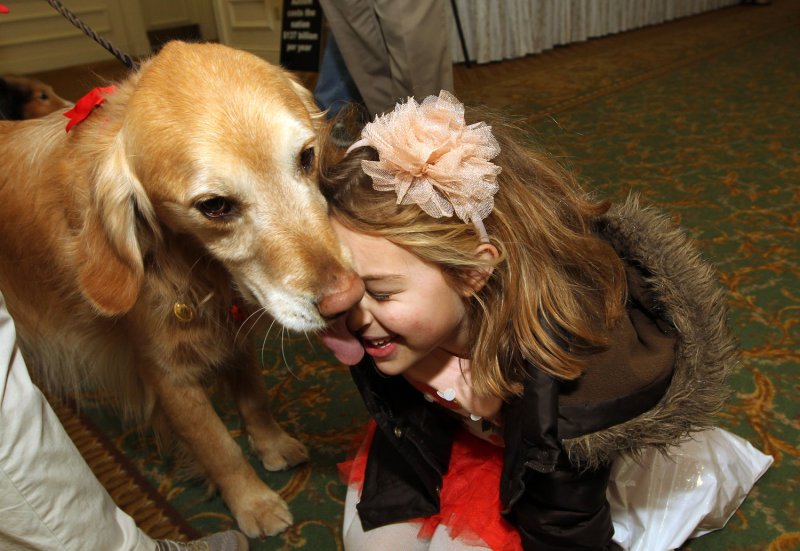1-in-10 U.S. mothers of children with autism have antibodies in blood. UPI/Bill Greenblatt |
License Photo
MANHASSET, N.Y., Sept. 3 (UPI) -- One-in-10 U.S. mothers of children with autism have antibodies in their bloodstream that react with proteins in the brain of their babies, researchers say.
Study leader Dr. Betty Diamond, head of the Center for Autoimmune and Musculoskeletal Disorders at The Feinstein Institute for Medical Research in New York, said the very large sample size of 2,700 mothers "gives a clearer impression of the prevalence of these antibodies."
In healthy people, when a foreign invader, such as a virus or bacteria, enters the body, the immune system produces antibodies to attack those foreign substances. But, in people with autoimmunity, the immune system mistakenly recognizes the body's own healthy tissues and organs as foreign invaders and produces antibodies to attack them.
Some 50 million Americans live and cope with autoimmune disease, but 75 percent are women. Autoimmune disease is one of the Top 10 leading causes of death of women under the age of 65 and encompasses more than 100 diseases, including psoriasis, Graves' disease, Sjogren's syndrome, multiple sclerosis, rheumatoid arthritis, Crohn's disease and lupus.
The study, published in the journal Molecular Psychiatry, indicated while the blood-brain barrier in the adult women prevents them from being harmed by the antibodies, that same filter in the fetuses is not well-developed enough and so may allow the "anti-brain" antibodies to pass through to the babies' brains, possibly causing autism.
The blood-brain barrier is the separation of circulating blood from the brain extracellular fluid in the central nervous system.















